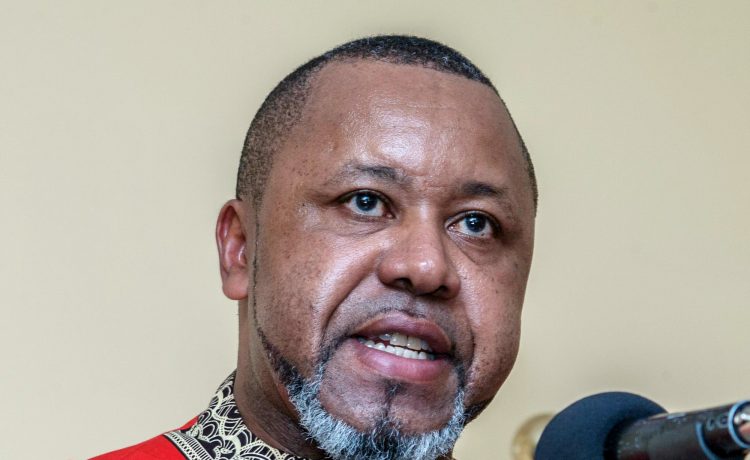The Malawi Vice President Saulos Chilima’s corruption case is set to be discontinued by the Director of Public Prosecutions (DPP) Masauko Chamkakala. The discontinuance comes on the grounds of national security.
In his analysis, the upcoming legal juggernaut “Lord Denning QB” who is known for his incisive analysis fully supports the discontinuance of the case saying everything about the commencement of this case was wrong from the word go, that the case lacked merit and was therefore an abuse o power.
According to Lord Denning, the problem with the Chilima case was that the evidence which the Anti-Corruption Bureau (ACB) was relying was one which was ‘donated to it by the British investigators, evidence which the British investigators got illegally in the country following their ‘search raid’ and therefore, Denning said “ the ACB was not standing any hopeful chance for successful prosecution.”
Lord Denning looked at four indicators which gave him the impression that the case was hopeless.
First, Lord Denning said the British prosecutors themselves have, this far, failed to prosecute Sattar whom they arrested in their country.
“The said Sattar was since released on bail. The bravado with which the Crown prosecution authority publicized the case ‘has died without a child’. The only thing that was achieved was prejudice against the accused.”
Second, Lord Denning said “the ACB should have known that the evidence which was shared to them from the fruits of the British investigators search was obtained illegally.”
“While the position in our jurisdiction has always been that illegally obtained evidence may or may not be admitted as per Court’s discretion, the guideline for such discretion has always been clear and if the ACB had properly explored into that guideline it would have reached to an inescapable understanding that the likelihood of the Court not admitting such evidence was higher than less,” said Denning.
Continued Denning:
“For avoidance of inquiry, the Court will only admit illegally obtained evidence if the probative force (cogency: which is strength or clarity to warrant belief) outweighs the prejudicial effect (the extent to which the accused is painted bad and his presumption of innocence faded). It has been my observation that the said illegally obtained evidence lacked the required probative strength that would outweigh the prejudicial effect that the evidence had on the accused.”
Again, the recent legal position from the Supreme Court of Appeal is that illegally obtained evidence is not admissible in the country.
However, Denning wondered that “yet, against all odds, the ACB, in what I viewed as mischievous bravado and pawn adventure in relation to whims and instructions emanating from the West, proceeded to arrest and charge the Vice President. That was so audacious! It was the kind of audacity that didn’t give any care to our national security. From political perspective, arresting and prosecuting a serving State Vice President hinges on national security. It is only an error on the part of our Constitution that it does not extend the immunity from arrest and prosecution to a sitting Vice President. Perhaps this should be a point of our consideration in the National Assembly going forward.”
The Director of Public Prosecution is yet to release an official statement discontinuing the case.













